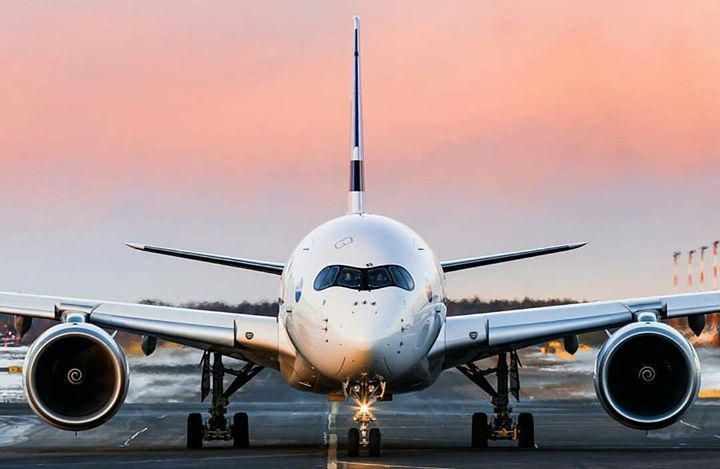
The KLM Airlines Corporate Office serves as the strategic and operational heart of the Dutch airline, guiding every aspect of its global operations with precision and innovation. While passengers experience KLM through seamless bookings, reliable flights, and attentive service, much of what makes that possible begins behind the scenes—at the company’s headquarters in Amstelveen, near Amsterdam Airport Schiphol.
A Legacy Rooted in History
Founded in 1919, KLM Royal Dutch Airlines is the world’s oldest airline still operating under its original name. With more than a century of experience in the aviation industry, KLM has built a legacy of safety, service, and innovation. Throughout its history, the airline has consistently adapted to global changes—economic shifts, technological advancements, and environmental challenges.
At the center of this evolution is its corporate office. More than just an administrative building, it’s a command center where ideas are developed, tested, and transformed into action across a global network.
Strategic Planning and Global Coordination
The corporate office is where high-level strategy is developed, covering everything from route expansion and fleet investments to partnership negotiations and long-term sustainability goals. KLM’s global reach spans dozens of countries, hundreds of destinations, and thousands of daily operations. Orchestrating this vast network requires meticulous coordination, which is managed by teams based at headquarters.
Departments such as operations planning, finance, network strategy, and legal affairs work together to make critical decisions. Whether it’s evaluating the potential of a new international route or adapting to geopolitical changes, these teams are responsible for maintaining KLM’s global competitiveness.
Additionally, the corporate office supports KLM’s participation in the SkyTeam Alliance—a global partnership with other major airlines—to improve connectivity and streamline customer service across continents.
Innovation and Digital Transformation
KLM has embraced technology as a cornerstone of its customer experience and operational efficiency. Much of this digital innovation is born at the corporate office, where specialized teams work on AI, data analytics, app development, and automation.
The airline is recognized for its forward-thinking digital services, including personalized travel updates, chatbot support, and real-time notifications. Its mobile app and website allow passengers to manage bookings, track flights, and check in with ease. These platforms are continually refined and managed by digital teams operating from KLM's headquarters.
Internally, technology is used to optimize flight operations, maintenance schedules, and crew management. Predictive analytics help reduce delays and improve turnaround times, boosting reliability and customer satisfaction.
Sustainability as a Core Value
Environmental responsibility is a top priority for KLM, and the corporate office plays a vital role in setting and implementing sustainability goals. In response to growing concerns about aviation’s environmental impact, KLM has taken proactive steps to reduce emissions, invest in cleaner technology, and promote greener operations.
KLM is one of the first major airlines to invest in sustainable aviation fuel (SAF), and it continues to collaborate with partners on research and development projects aimed at long-term decarbonization. Its Fly Responsibly program, launched from corporate headquarters, encourages both corporate and individual travelers to support carbon offsetting initiatives and make more eco-conscious travel decisions.
Fleet modernization is another key area of focus. KLM’s newer aircraft are designed to be more fuel-efficient and environmentally friendly. Procurement, planning, and sustainability teams at the corporate office evaluate aircraft performance and long-term environmental benefits to ensure every investment aligns with the company’s climate goals.
A People-First Culture
KLM’s corporate leadership also places great importance on its people. With over 30,000 employees worldwide, creating a unified and supportive work culture is essential. The corporate HR and training departments develop leadership programs, support employee wellness, and promote diversity and inclusion across all levels of the organization.
Whether it’s cabin crew, engineers, ground staff, or customer service representatives, every team member is considered a key part of the company’s success. Internal communication, performance reviews, and career development are structured and overseen from headquarters to maintain high morale and staff engagement.
The corporate office also handles labor relations and plays an active role in maintaining open dialogue with unions and employee representatives, ensuring that KLM continues to be a fair and progressive employer in the aviation sector.
Crisis Management and Operational Resilience
Aviation is a highly dynamic industry, constantly affected by factors like weather, geopolitical shifts, health emergencies, and economic fluctuations. KLM’s corporate office is equipped to handle these uncertainties through comprehensive crisis management frameworks.
From the onset of a disruption to the recovery phase, dedicated crisis teams coordinate rapid responses involving flight adjustments, passenger communications, and safety protocols. The COVID-19 pandemic, for example, tested the agility and responsiveness of airlines globally. KLM’s leadership managed route suspensions, staff support, and passenger services effectively through centralized planning and real-time decision-making led from the corporate office.
This experience reinforced the importance of operational resilience and helped KLM enhance its risk assessment processes for future disruptions.
Looking Toward the Future
As the aviation industry continues to evolve, the Corporate Office remains focused on strategic growth, customer satisfaction, and environmental responsibility. Plans for expanding routes, investing in next-generation aircraft, and exploring innovative passenger experiences are all developed through collaborative leadership at headquarters.
KLM is also preparing for the increasing digitalization of travel, investing in technologies that will make journeys smoother and more personalized. With the rise of sustainable travel trends, corporate leadership is also committed to transparency and accountability in climate reporting, offering passengers and stakeholders a clear view of the airline’s environmental progress.
Conclusion
Though travelers often recognize KLM by its blue aircraft and courteous service, the airline’s true strength lies in the decisions and leadership that come from its KLM Airlines. From digital transformation to environmental stewardship, every major initiative begins at this central hub in Amstelveen.
With over a century of experience, KLM continues to balance tradition with innovation, delivering safe, comfortable, and responsible air travel. As the industry adapts to future challenges, the corporate office will remain the guiding force behind KLM’s journey—ensuring its place as a respected leader in global aviation.


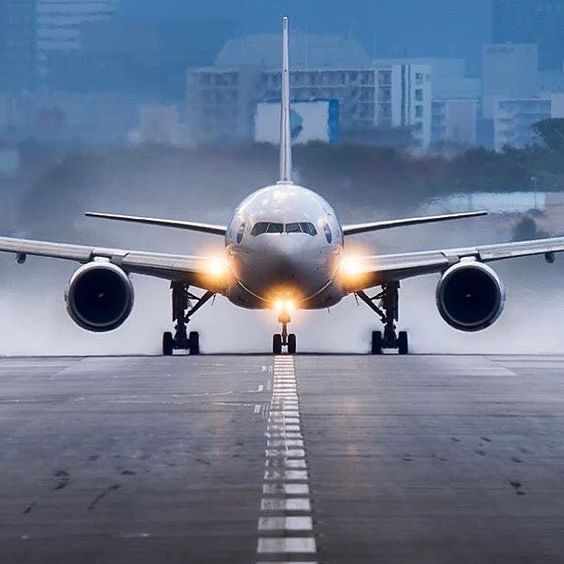

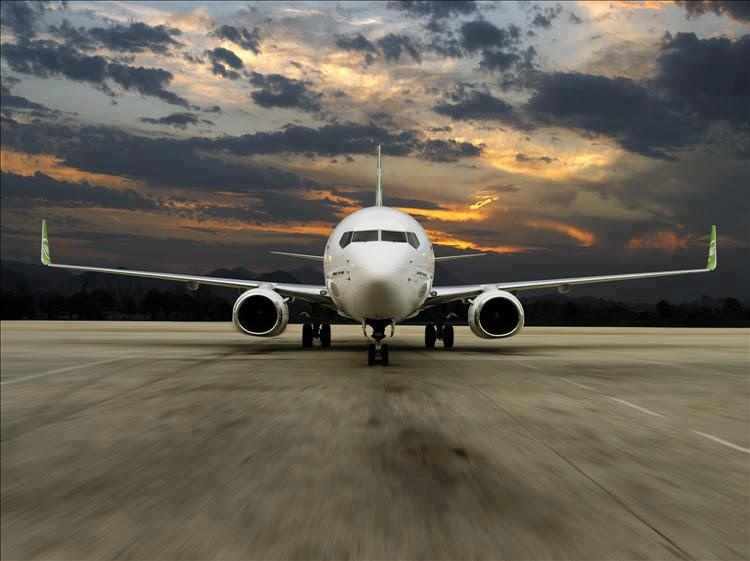

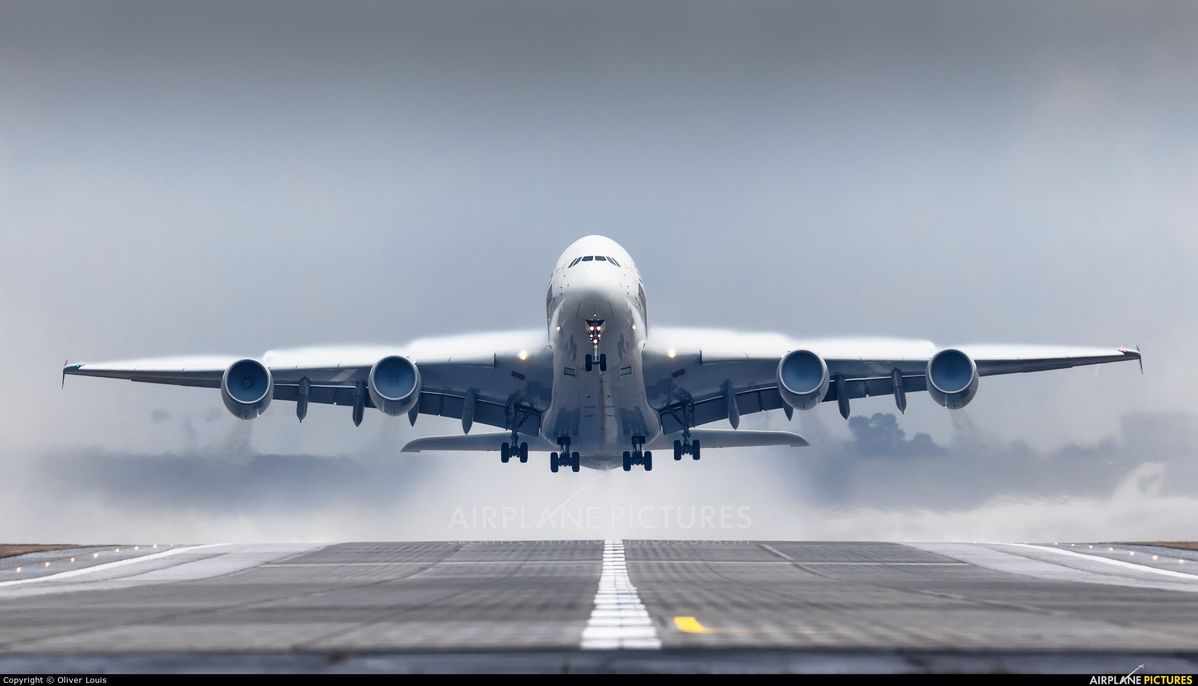
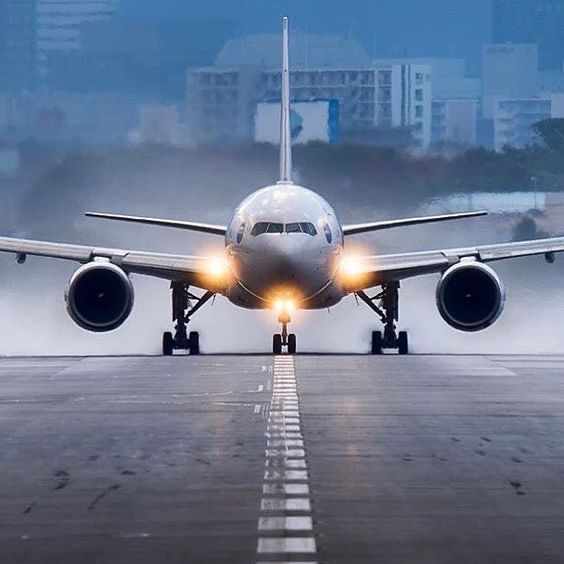


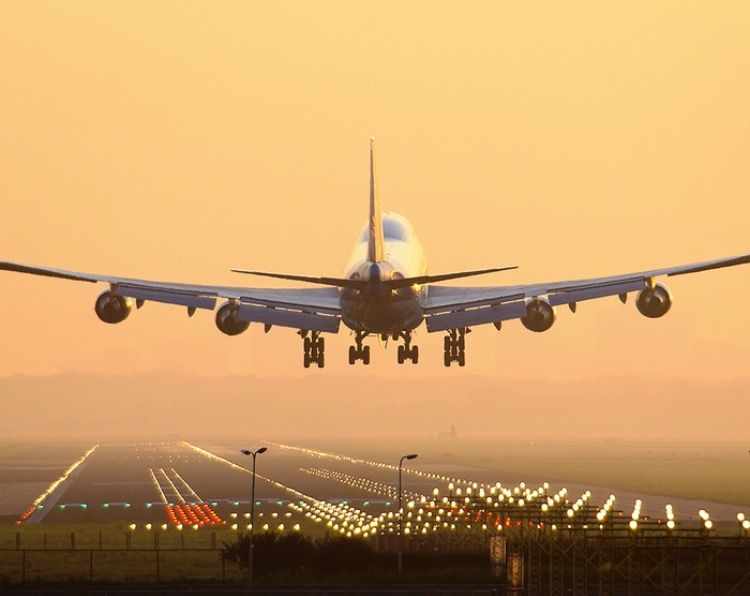

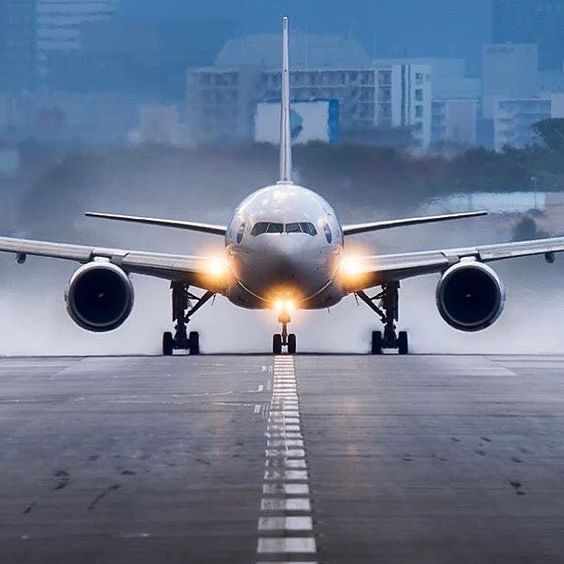

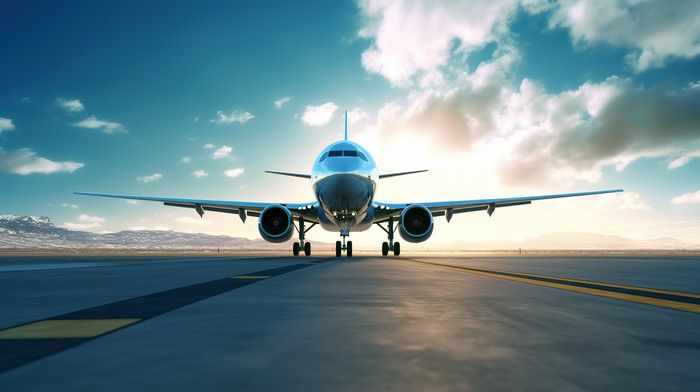
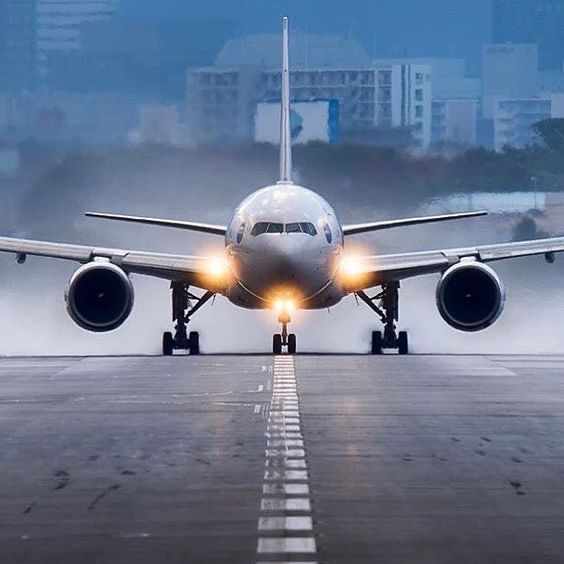
Write a comment ...